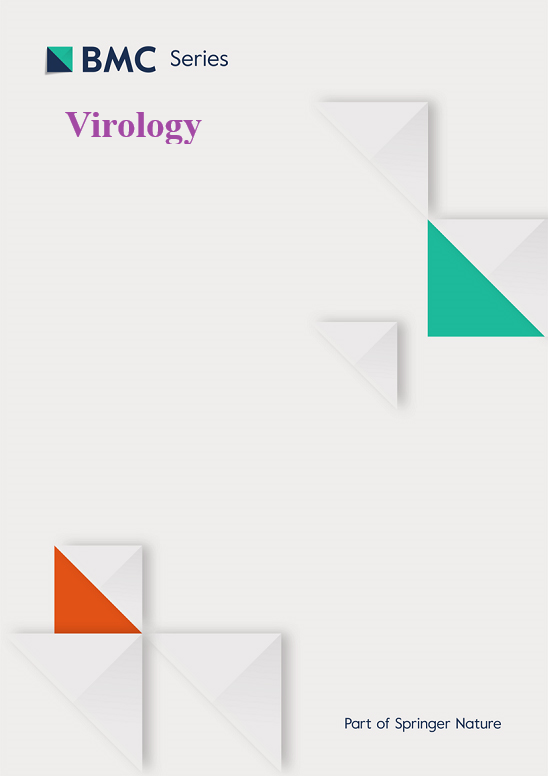Polyphenol rich sugarcane extract restricts select respiratory viruses depending on their mode of entry
IF 2.8
3区 医学
Q3 VIROLOGY
引用次数: 0
Abstract
We previously showed that Polyphenol rich sugarcane extract (PRSE) displayed significant inhibitory effect against influenza A virus (IAV). In this study, we investigated the mechanism of action (MOA) of PRSE against respiratory viruses in human-derived cells. We showed that PRSE treatment does not promote an antiviral state via expression of interferon stimulated genes (ISGs). We subsequently investigated any potential perturbation on the viral entry process and observed that PRSE treatment did not affect caveolin-mediated endocytosis but led to a significant attenuation in clathrin-mediated endocytosis. We confirmed this inhibitory effect on IAV entry, as infection was unaffected by PRSE when IAV fusion was induced at the plasma membrane, instead of endosomal membranes. Based on these findings we observed significant inhibitory effect of PRSE against respiratory syncytial virus and human metapneumovirus, which utilise clathrin-mediated endocytosis, but not human parainfluenza virus type 3, which fuses at the plasma membrane. In conclusion, we show that PRSE has broad antiviral activity and potentially perturbs virus entry via clathrin-mediated endocytosis to inhibit viral replication in vitro.
富含多酚的甘蔗提取物根据呼吸道病毒的进入方式限制了呼吸道病毒的选择。
本研究表明,富多酚甘蔗提取物(PRSE)对甲型流感病毒(IAV)具有显著的抑制作用。本研究探讨了PRSE在人源性细胞中对呼吸道病毒的作用机制。我们发现,PRSE治疗不会通过干扰素刺激基因(ISGs)的表达促进抗病毒状态。我们随后研究了病毒进入过程中的任何潜在扰动,并观察到PRSE治疗不影响小窝蛋白介导的内吞作用,但导致网格蛋白介导的内吞作用显著减弱。我们证实了这种抑制IAV进入的作用,因为当IAV融合在质膜而不是内体膜上诱导时,PRSE不影响感染。基于这些发现,我们观察到PRSE对利用网格蛋白介导内吞作用的呼吸道合胞病毒和人偏肺病毒有显著的抑制作用,而对在质膜融合的人副流感病毒3型没有显著的抑制作用。总之,我们发现PRSE具有广泛的抗病毒活性,并可能通过网格蛋白介导的内吞作用干扰病毒进入,从而抑制病毒在体外的复制。
本文章由计算机程序翻译,如有差异,请以英文原文为准。
求助全文
约1分钟内获得全文
求助全文
来源期刊

Virology
医学-病毒学
CiteScore
6.00
自引率
0.00%
发文量
157
审稿时长
50 days
期刊介绍:
Launched in 1955, Virology is a broad and inclusive journal that welcomes submissions on all aspects of virology including plant, animal, microbial and human viruses. The journal publishes basic research as well as pre-clinical and clinical studies of vaccines, anti-viral drugs and their development, anti-viral therapies, and computational studies of virus infections. Any submission that is of broad interest to the community of virologists/vaccinologists and reporting scientifically accurate and valuable research will be considered for publication, including negative findings and multidisciplinary work.Virology is open to reviews, research manuscripts, short communication, registered reports as well as follow-up manuscripts.
 求助内容:
求助内容: 应助结果提醒方式:
应助结果提醒方式:


